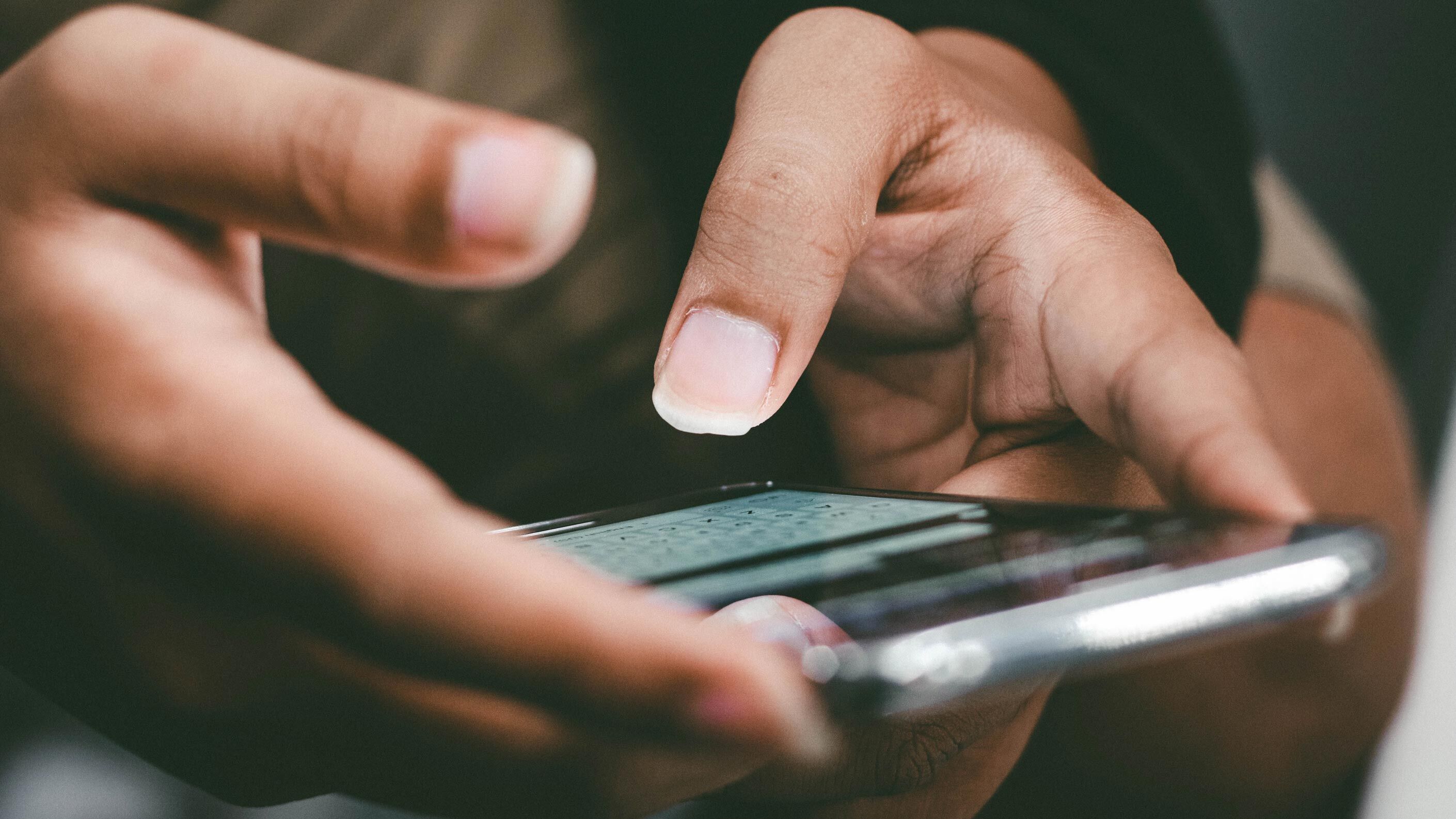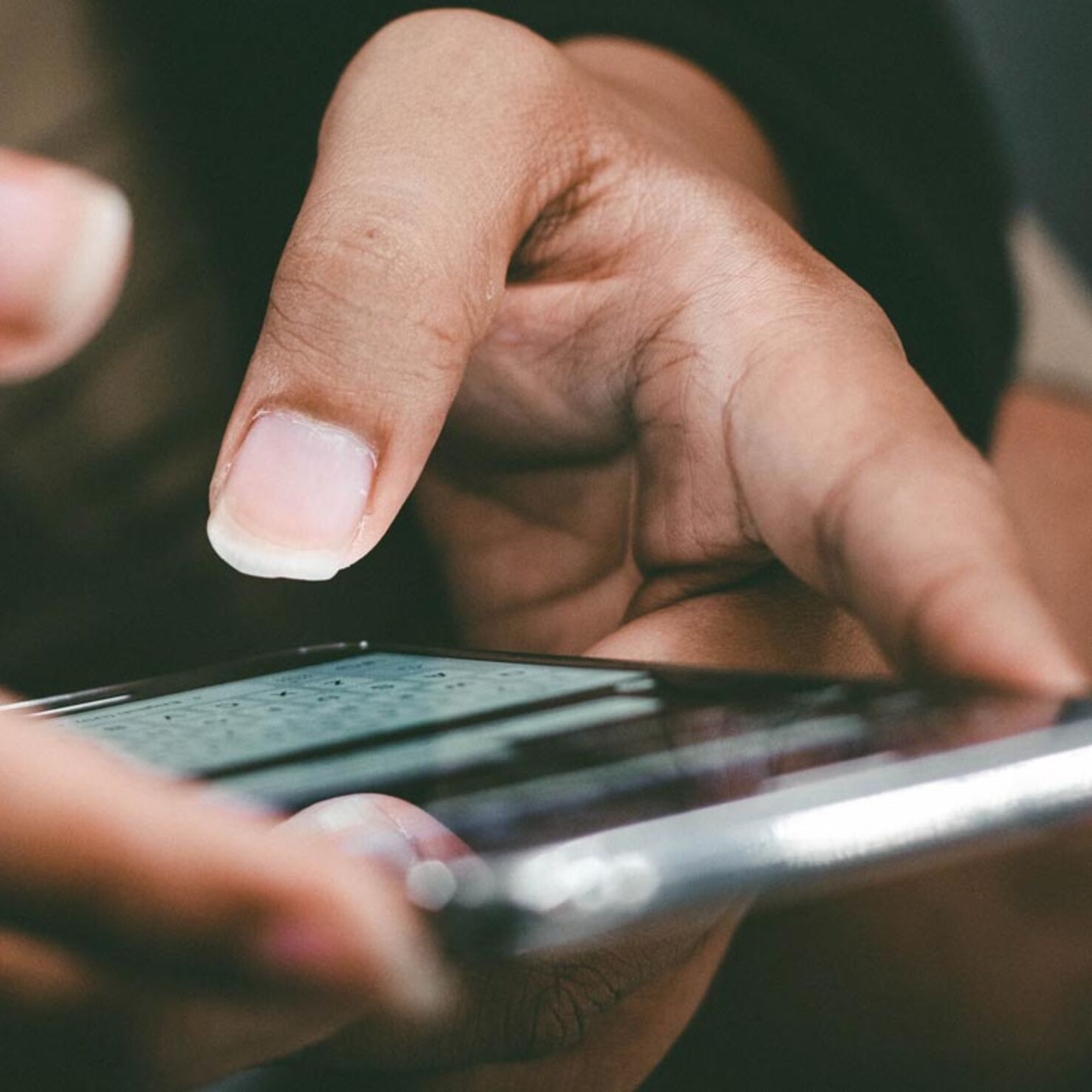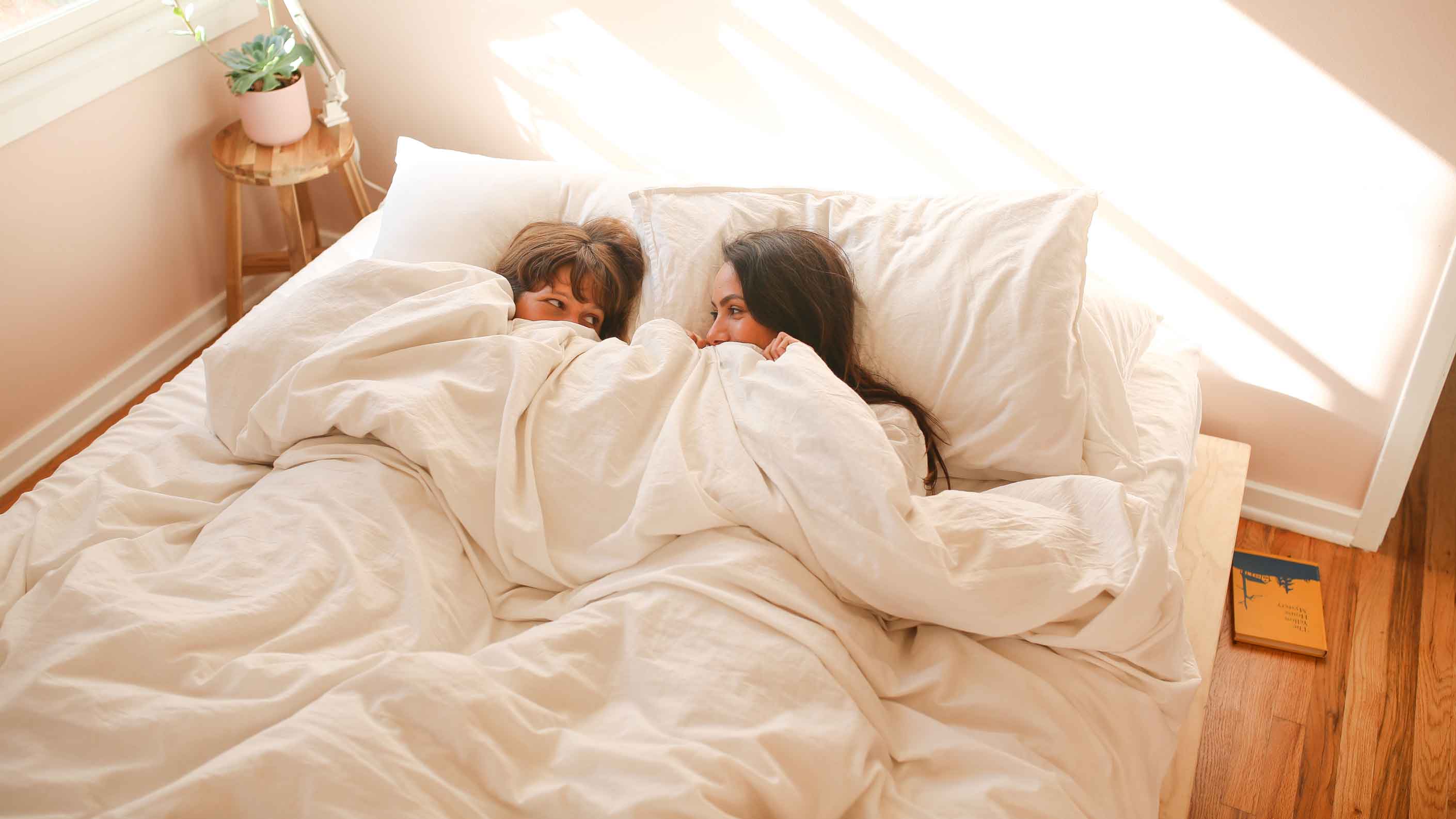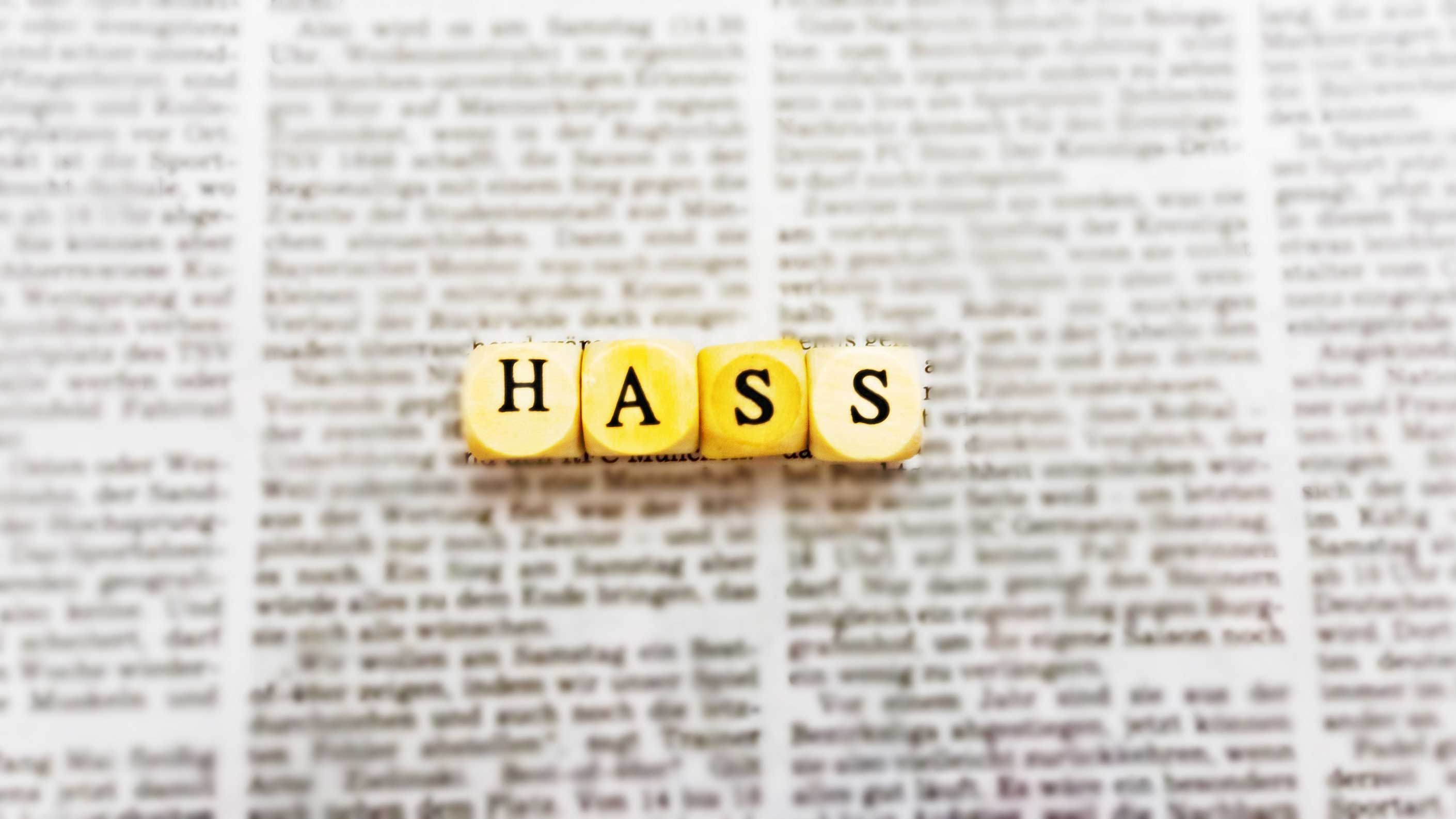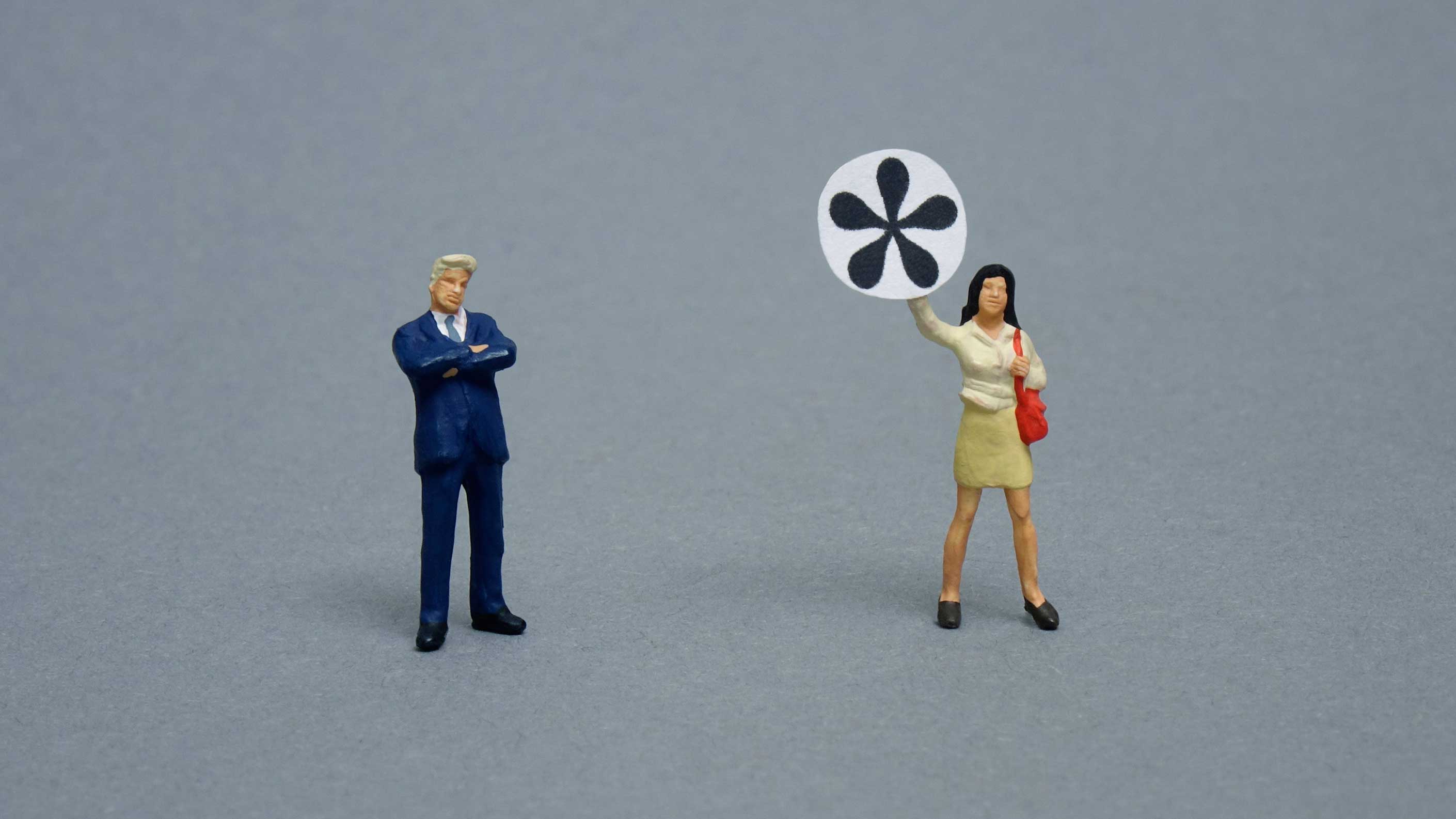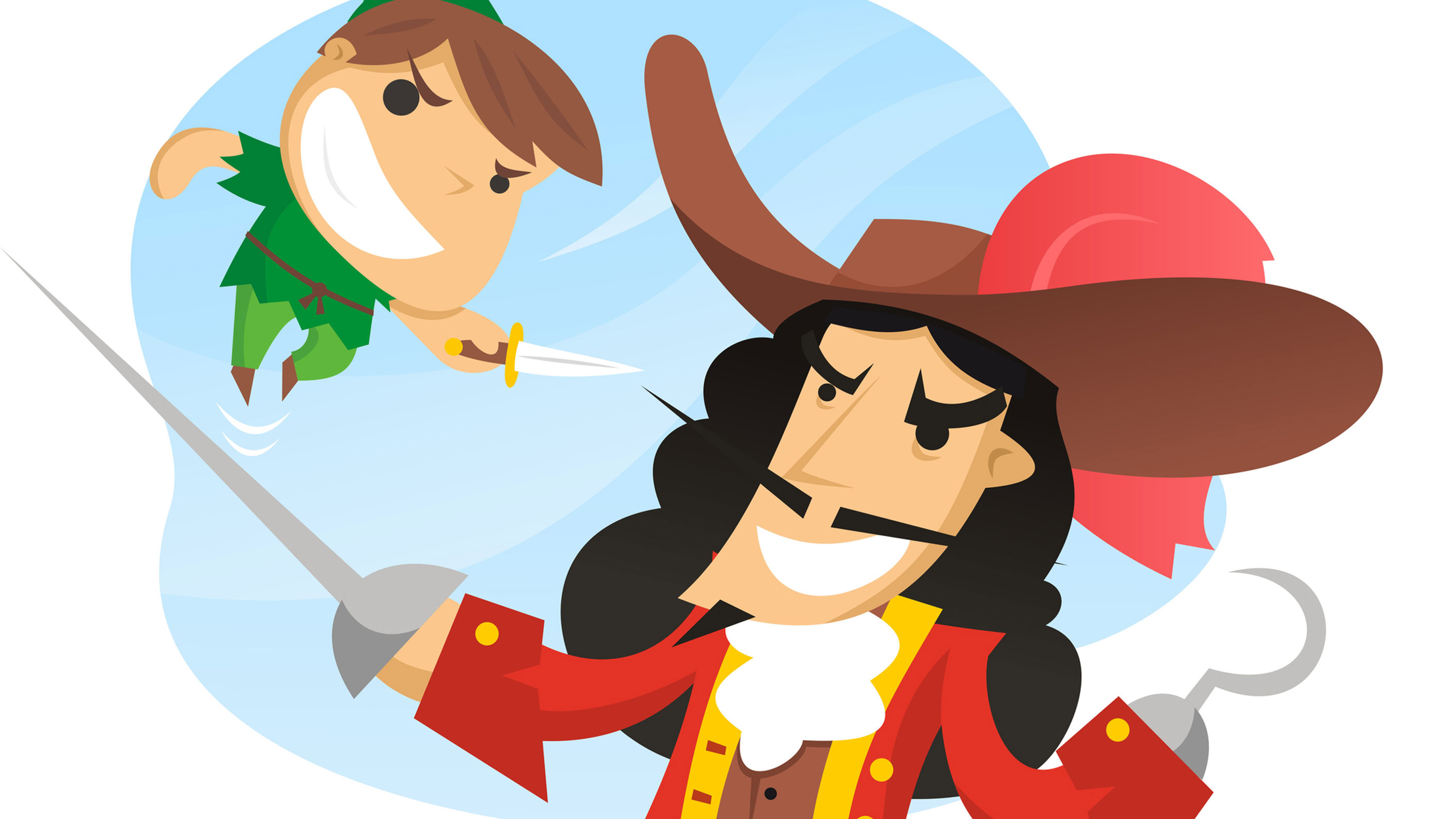Ghosting: We should know better
Once a month Anna Rosenwasser writes about how she lives and loves in Zurich. In January, the LGBT activist and author talks about ghosting: no message, no call, no sign of life. Why we should all be more considerate when it comes to saying goodbye.
A thousand years ago I once had a date with a guy, let's call him Gustav, and I was thrilled beyond measure. It really was an out-and-out date. With the emphasis on "away": I never heard from him again. Gustav had ghosted me. Because it was a thousand years ago, I didn't yet know the term ghosted. But I knew the bad habit of not getting in touch from one day to the next - from myself.
'How many times had I not felt like putting into words after a date that I didn't want to see the other person again!'
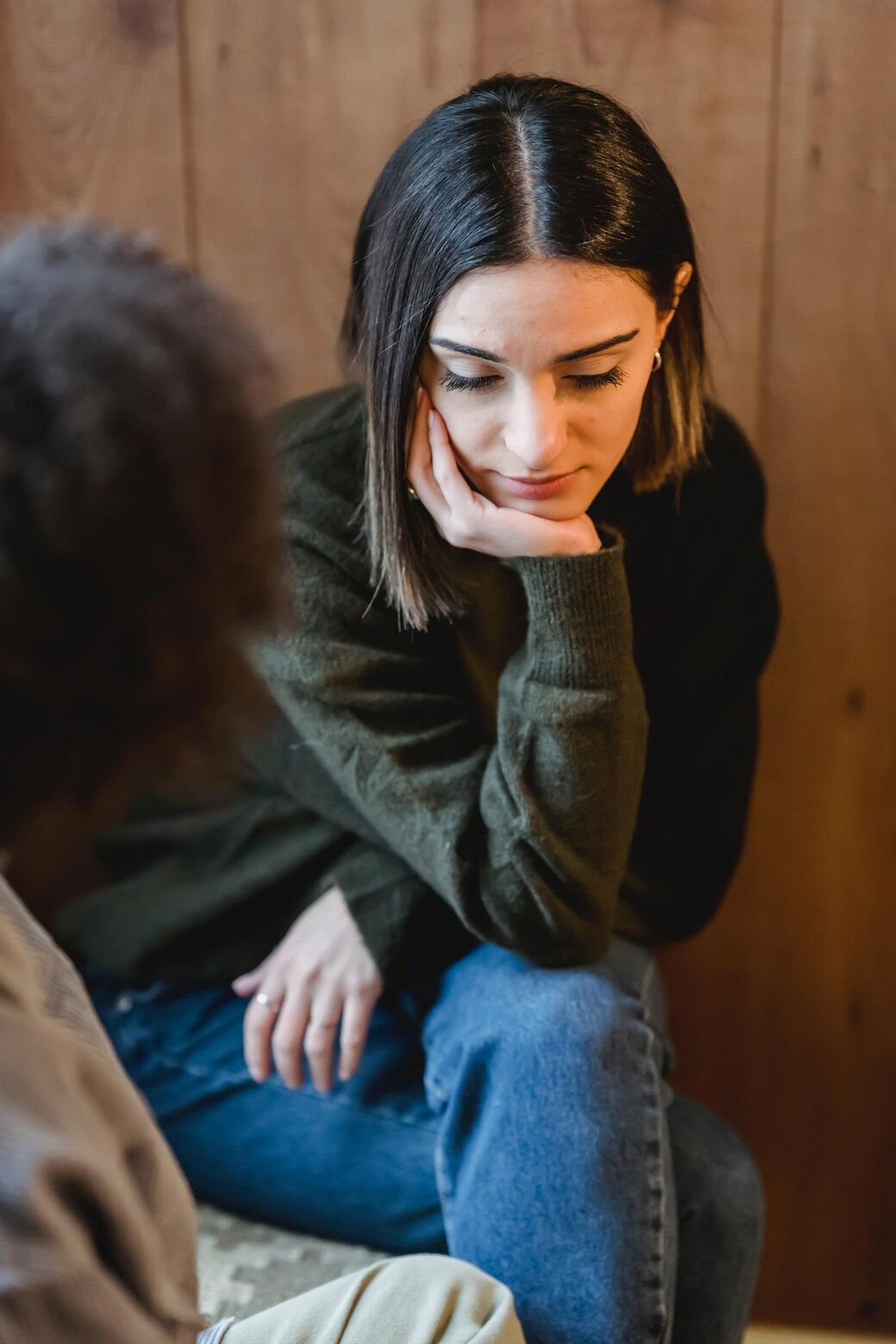
How many times had I not felt like putting into words after a date that I didn't want to see the other person again! Not necessarily because they sucked. But just because, just no desire, just the vibe gone. It's not easy to put something like that into words. I still haven't forgiven Gustav for a while. Every few years I try to google him and am disappointed to find that a successful wrestler bears his name, and then I end up on wrestling homepages. Favourite food: Rahmschnitzel. Hobbies: mountain biking [sic!], Schwyzerörgeli and Jassen. Maybe I should also just stop googling a man I once had a date with a thousand years ago.
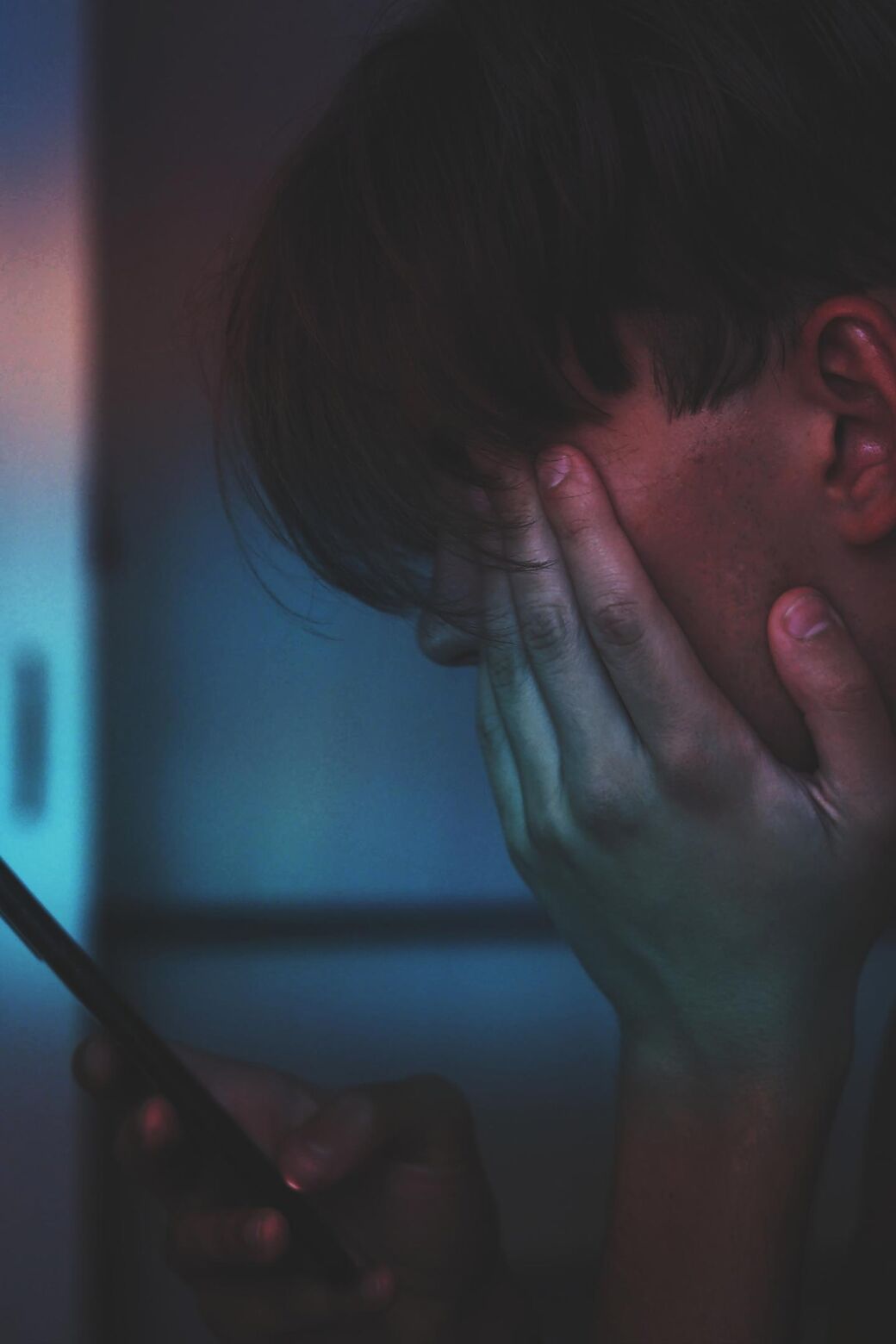
'Dear ones, I was wrong.'
A few years later, I started dating people who weren't men. I thought: everything will be better now. If you've been rejected all your life, you know how to say "no, thank you" in a fair and sweet way! Or, even better: "yes, please"! Oh sweet queer community! Dear ones, I was wrong. And not because all people, regardless of their sexual orientation, are bad, but: because it is difficult to reject. Because it's difficult to listen to your intuition, to your mind, sometimes both combined, and then: to write a friendly message saying that there is no interest in a next date.
The fact that I had hoped for something different from queer people is due to a common misunderstanding: people from the LGBTQ community are not better people. (Nor are they worse!) They are simply people whose sexual orientation or gender identity falls outside the normative framework. It's not just me who has this false expectation, but many others too; time and again I hear statements like "Why is he so racist? He's gay himself, he should know what it's like!" or "How can a cis lesbian be so transphobic? She should know better!"
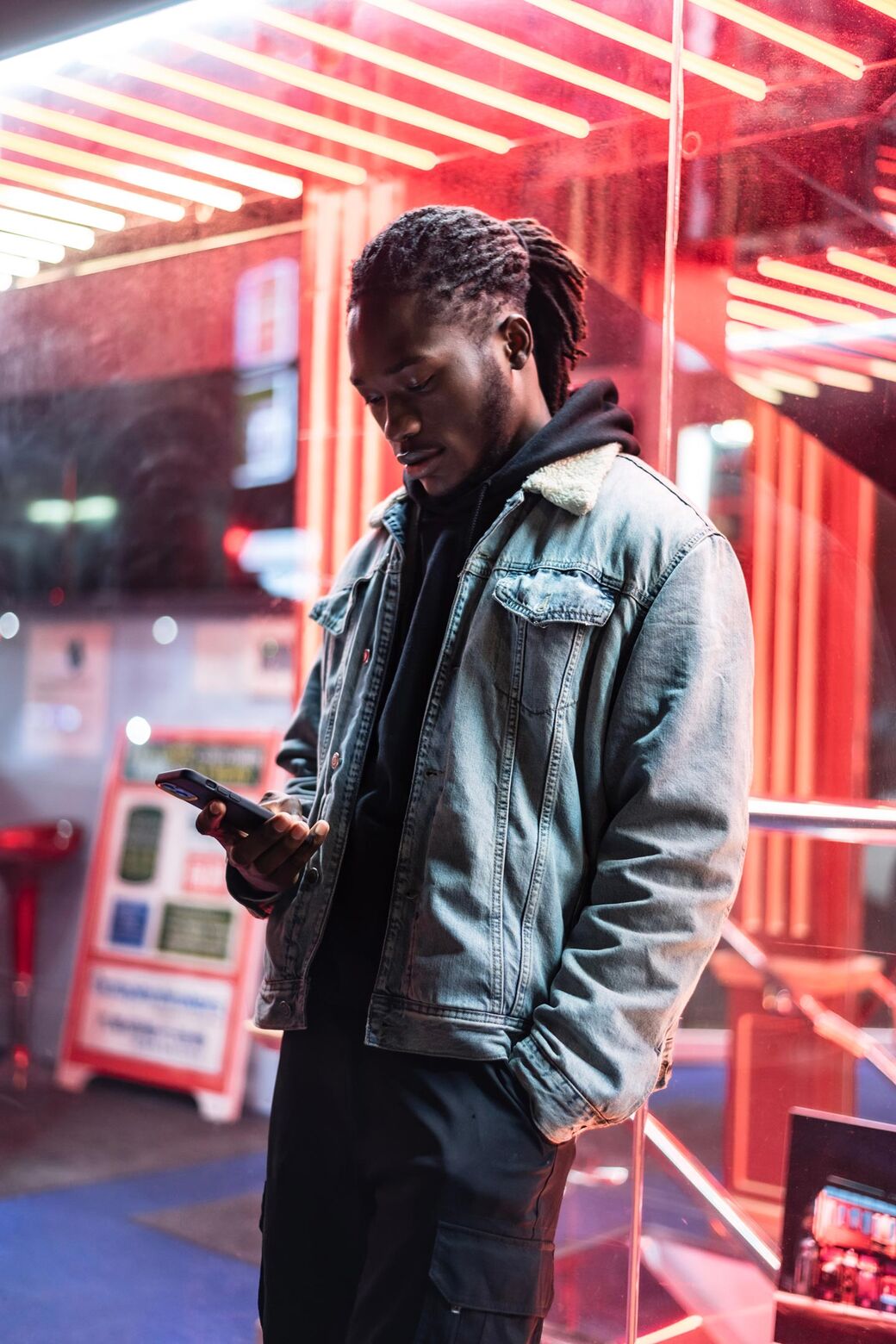
'Knowing a life with discrimination does not make us discrimination-free beings.'
Yes, we should know better. But even knowing a life of discrimination does not make us discrimination-free beings. We all grow up with pejorative prejudices, with oppressive norms in our heads. That doesn't automatically go away for those who are gay. (On the contrary, experiences of discrimination shape us, sometimes to a traumatic extent. That doesn't make it any easier to deal with other people. One way or another: I believe that dealing fairly with others can be learned. And it can be learned by everyone.
